Automatic Transmission

Robotic Vehicles Battle for Spot in Race
from The Associated Press
FONTANA, Calif. - It's the ultimate robot reality show: 43 contestants battling for a spot in a government-sponsored desert race intended to speed development of unmanned military combat vehicles. The reward? A $2 million cash prize.

The autonomous robotic vehicles began competing Wednesday in the first of a series of qualifying rounds at the California Speedway. Half will advance to the Oct. 8 starting line of the so-called Grand Challenge.
The grueling, weeklong semifinals are designed to test the vehicles' ability to cover a roughly 2-mile stretch of the track without a human driver or remote control.
Participants ranging from souped-up SUVs to military behemoths will be graded on how well they can self-drive on rough road, make sharp turns and avoid obstacles — hay bales, trash cans, wrecked cars — while relying on GPS navigation and sensors, radar, lasers and cameras that feed information to computers.

The robots also have to heed speed limits in certain zones and pass through a 100-foot-long tunnel designed to temporarily knock out their GPS capabilities.
None of that thwarted the first competitor, a converted Nissan Xterra built by the Colorado-based Mojavaton team. The vehicle finished in about 20 minutes to cheers from the grandstands.
A modified Volkswagen Touareg dubbed Stanley raised the bar by navigating the course almost flawlessly in about 10 minutes. It was followed by a custom-built vehicle called NaviGATOR, a collaboration between the University of Florida, Gainsville and Autonomous Solutions Inc.

A series of vehicles that came afterward stumbled and had to be manually driven off the speedway. One vehicle tried to go around two pieces of metal guardrail instead of between it and stalled. Another made an erroneous right turn at the start and rammed into the wall. Vehicles have at least two chances to loop around the speedway during the qualifiers. The 20 finalists will be announced next week.
Of the 16 vehicles that ran the course, seven finished. During last year's semifinals, no vehicle completed the course in the first day. Organizers expect most vehicles this year to finish the qualifying course.
The Grand Challenge is sponsored by the research arm of the Pentagon known as the Defense Advanced Research Projects Agency, or DARPA, which is spending $9 million on this year's event.

The competition is part of the Pentagon's efforts to have a third of the military's ground vehicles unmanned by 2015 to fulfill a congressional mandate.
This year's race will cover about 150 miles of desert and mountainous terrain looping to and from Primm, Nev. The first vehicle to traverse the entire course in less than 10 hours wins. If no one finishes — a possible outcome — DARPA may sponsor another competition. Last year's inaugural race in the Mojave Desert ended without a winner when all the entrants broke down before the finish line.
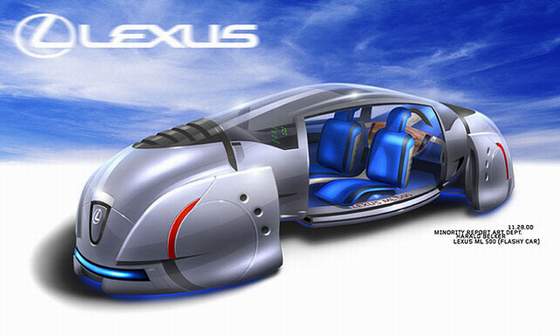







 what the Great Conjunction is. 'What's the Great Conjunction?'
what the Great Conjunction is. 'What's the Great Conjunction?' 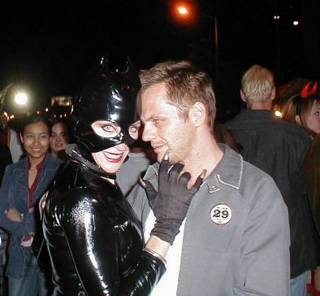
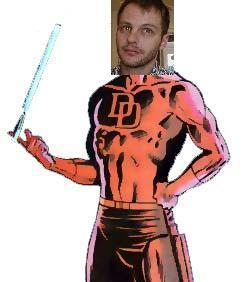



 A Is for Androids
A Is for Androids B Is for Boba
B Is for Boba C Is for Calvin
C Is for Calvin D Is for Dragons
D Is for Dragons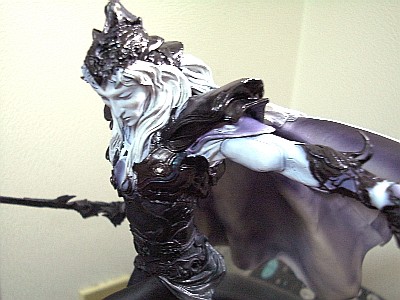 E Is for Elric
E Is for Elric F Is for Futures
F Is for Futures G Is for Genie
G Is for Genie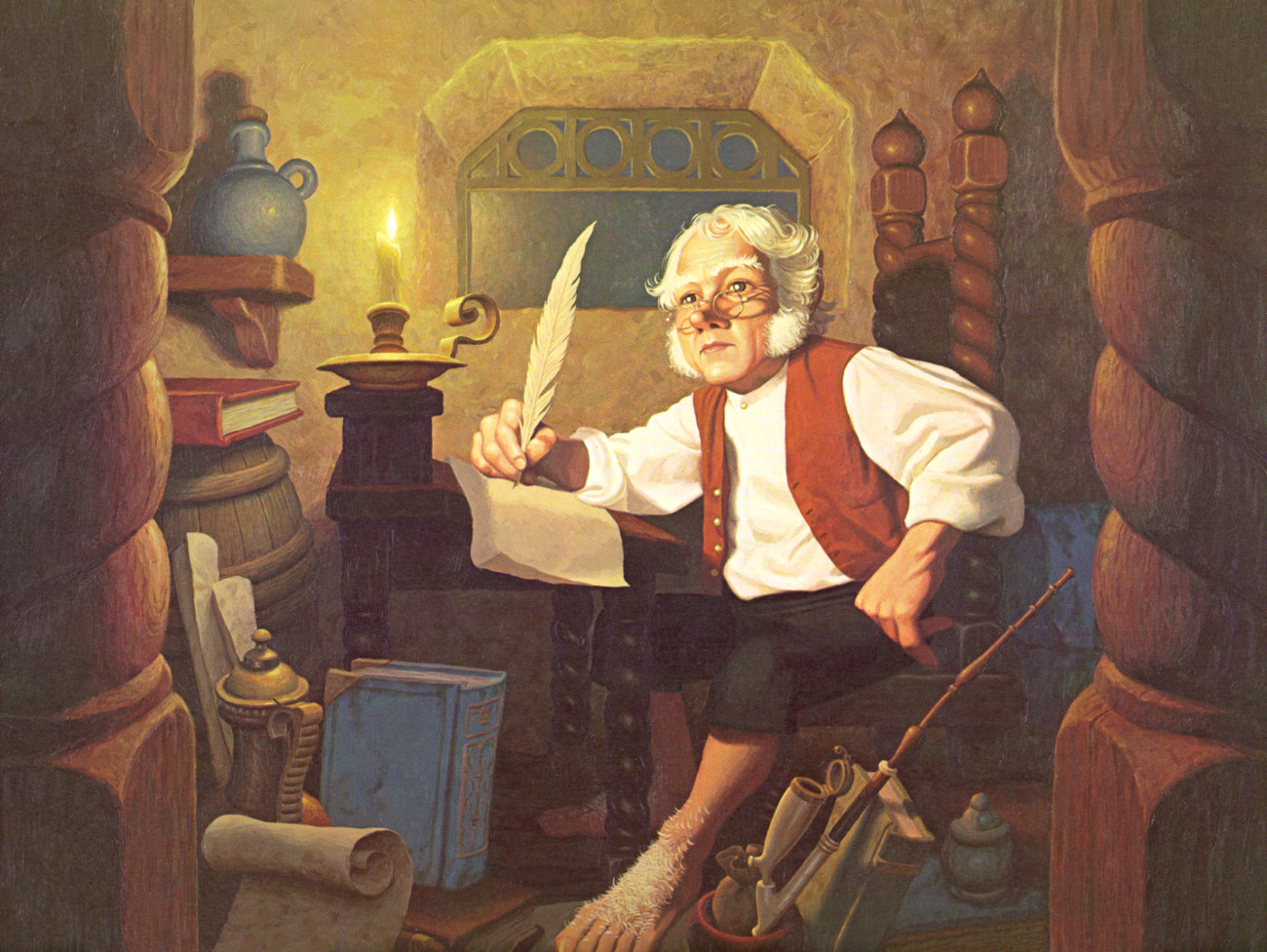 H Is for Hobbits
H Is for Hobbits I Is for Iceman
I Is for Iceman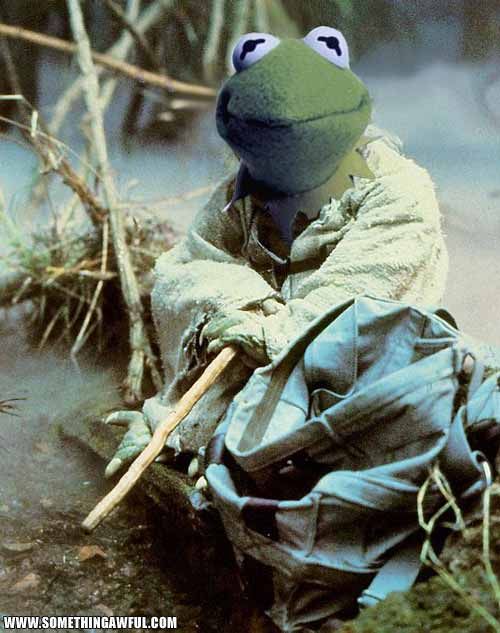 J Is for Jedi
J Is for Jedi K Is for Kraken
K Is for Kraken





















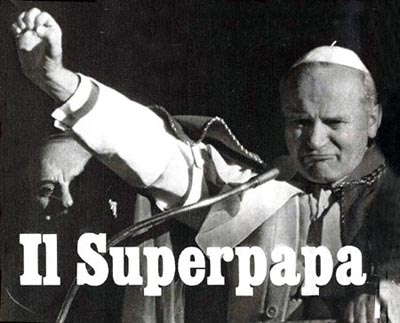











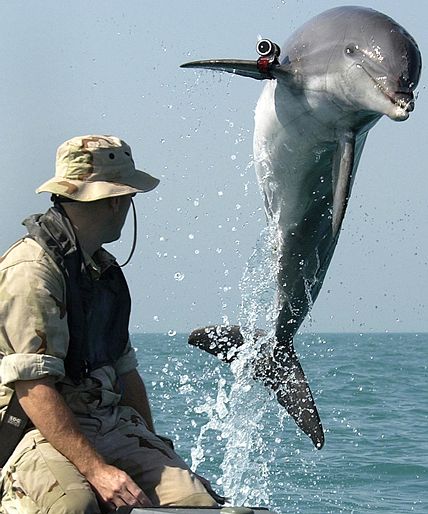

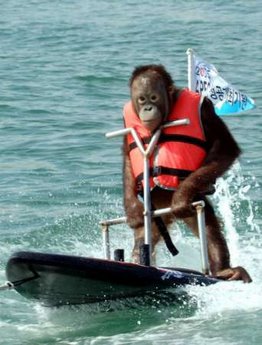
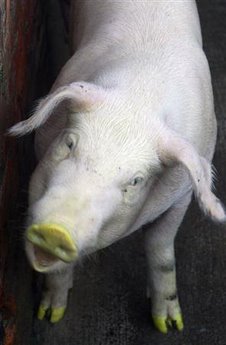



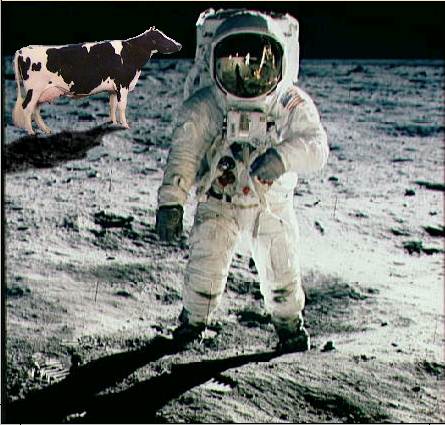
























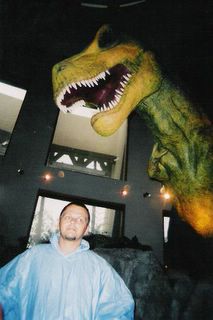



0 Comments:
Post a Comment
<< Home